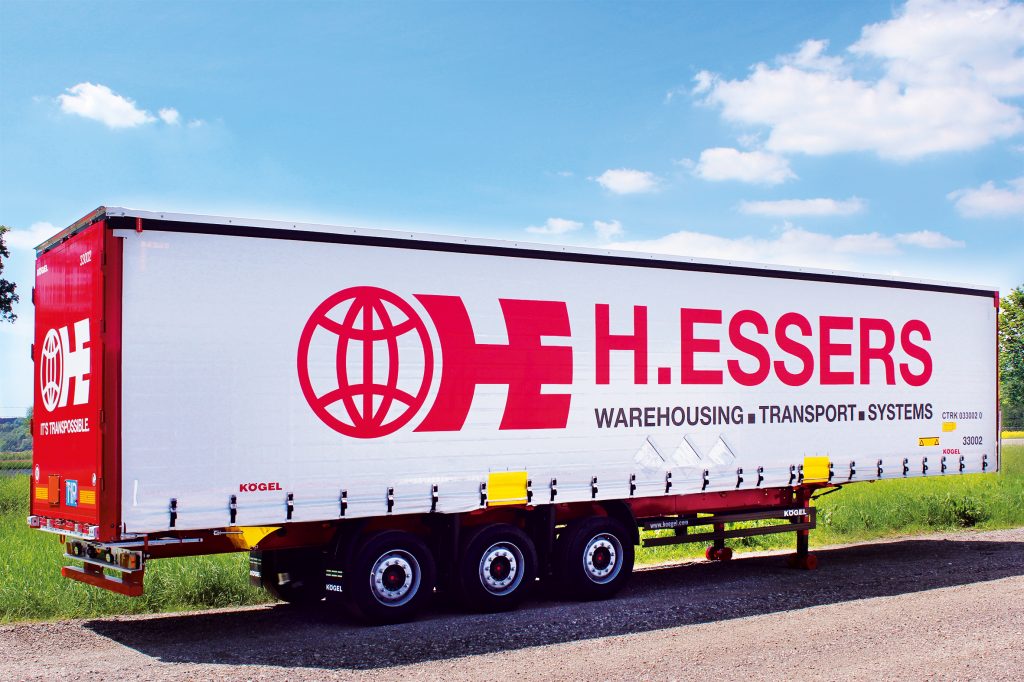The EU customs reform: A paradigm shift in customs
The EU is preparing for the most profound transformation of its customs system since the customs union was created. With the EU Customs Reform, announced in 2023, the way goods are declared and controlled will fundamentally change. At the heart of the reform lies the EU Customs Data Hub: a single European portal that will replace the patchwork of national systems and shift customs from a transactional model to a data-first approach.
For decades, customs has revolved around transactions: one shipment, one declaration, one clearance. In the new model, it becomes about datasets: continuous, centralised information that can be reused across consignments. This change represents a true paradigm shift, from filing forms to managing information, from national silos to an EU-wide hub.
The three pillars of the reform
-
A new partnership with business: Companies submit their data once for multiple consignments, through one EU portal. Trusted traders (Trust & Check traders) will be able to release their goods into circulation into the EU without any active customs intervention at all.
-
Smarter customs checks: Authorities use AI and EU-wide datasets to spot risks earlier and more precisely, focusing on anomalies instead of routine shipments. To coordinate this, a new EU Customs Authority will be established, pooling expertise and strengthening cooperation across member states.
-
A modern approach to e-commerce: Online e-commerce platforms become responsible importers, the €150 duty exemption disappears, and fraud loopholes are closed.
Together, these pillars promise benefits for all stakeholders. Businesses gain simplification, less duplication, and faster flows for compliant operators. Authorities gain stronger tools to fight fraud and focus their resources where they matter most. And ultimately, citizens benefit from fairer competition, better consumer protection, and more efficient use of public resources.
Timeline and scope
The transition to the EU Customs Data Hub will take more than a decade, but the first big step comes quickly. From 2028 onwards, e-commerce companies will get access to the EU Customs Data Hub. This is no coincidence: small parcels have become the fastest-growing and most fraud-sensitive segment of trade, with the current €150 duty exemption heavily abused. By making e-commerce the first test case, the EU can close loopholes and manage the enormous flows of parcels that enter the union every day.
After that, the reform opens up more gradually. By 2032, other traders will be able to use the hub on a voluntary basis. The real pioneers will be the so-called Trust & Check traders, who will gain simplified procedures and faster clearance in exchange for meeting the highest standards of data quality.
Finally, by 2038, the system becomes mandatory for all imports. At that point, national systems will be phased out for imports. Transit and export are expected to follow too, though the focus and priority of the reform clearly lie with imports.

Great benefits come with great responsibilities
The EU Customs Reform is not just about simplification. It also raises the bar. The shift to the EU Customs Data Hub means that data quality becomes the true foundation of compliance. Mistakes that once could be corrected in national systems will now be visible across the Union.
For importers, this means they will need to ensure that every piece of data they provide is correct from the start, because errors will have EU-wide consequences. And with ex-post controls, companies will no longer be judged shipment by shipment, but across months or even years of trading activity.
In practice forwarders and brokers will remain essential partners for the importers, but their role will evolve too. In today’s practice, they often catch and fix errors at the filing stage, adjusting a code, adding a missing weight, or correcting an origin before the declaration is submitted. In the EU Customs Data Hub, those fixes will no longer remain local: every change is logged, traceable, and visible EU-wide. Declarants will become proactive data stewards, helping their clients validate, enrich and structure information before it enters the hub.
The benefits of the reform are real: faster flows, less duplication, and greater consistency. But they come with higher responsibilities and stricter accountability. Those who invest early in robust processes and smarter technology will not only comply, but they will also thrive.
The way forward
The EU Customs Reform sets a clear direction. The ambitions and core principles are already defined: a single EU Customs Data Hub, a stronger partnership with business, smarter risk management, and a new approach to e-commerce. What is less clear today are the details, how exactly procedures will be implemented, what specific obligations will look like, and how national practices will be harmonised. Those answers will emerge gradually over the coming years as legislation is refined and systems are built.
But that does not mean companies can sit back and wait. The foundations are already visible, and the expectations around data quality and compliance are rising fast. Preparing today is not about second-guessing every detail of the future hub, it is about building the capabilities to manage data with accuracy, consistency and confidence.
At Customaite, we are already helping businesses do exactly that. Our platform goes beyond extracting information from unstructured documents such as scans and PDFs, a task that will gradually lose importance as the ambitions of the EU Customs Data Hub are realised. We support importers, brokers and forwarders in enriching their datasets, detecting inconsistencies before they become problems, and learning from historical patterns to prevent errors. Combined with explainable AI and seamless integration into existing declarant software, this enables our clients to move from transactions to trusted data today. And as the details of the reform continue to take shape, we are already exploring the next steps: preparing for hub connectivity, developing smarter validation tools, stronger data quality checks, and new compliance dashboards that help traders spot risks before customs authorities do.
Our mission is to make the transition smooth and reliable, so businesses can focus on trade, not on paperwork.
Want to explore how AI can transform your customs operations?
Easily schedule a free demo by clicking here.
Source: https://taxation-customs.ec.europa.eu/customs/eu-customs-reform_en
You May Also Like
These Related Stories

Achieving true data-driven customs operations

The invisible paper chain in today’s customs document flow


No Comments Yet
Let us know what you think